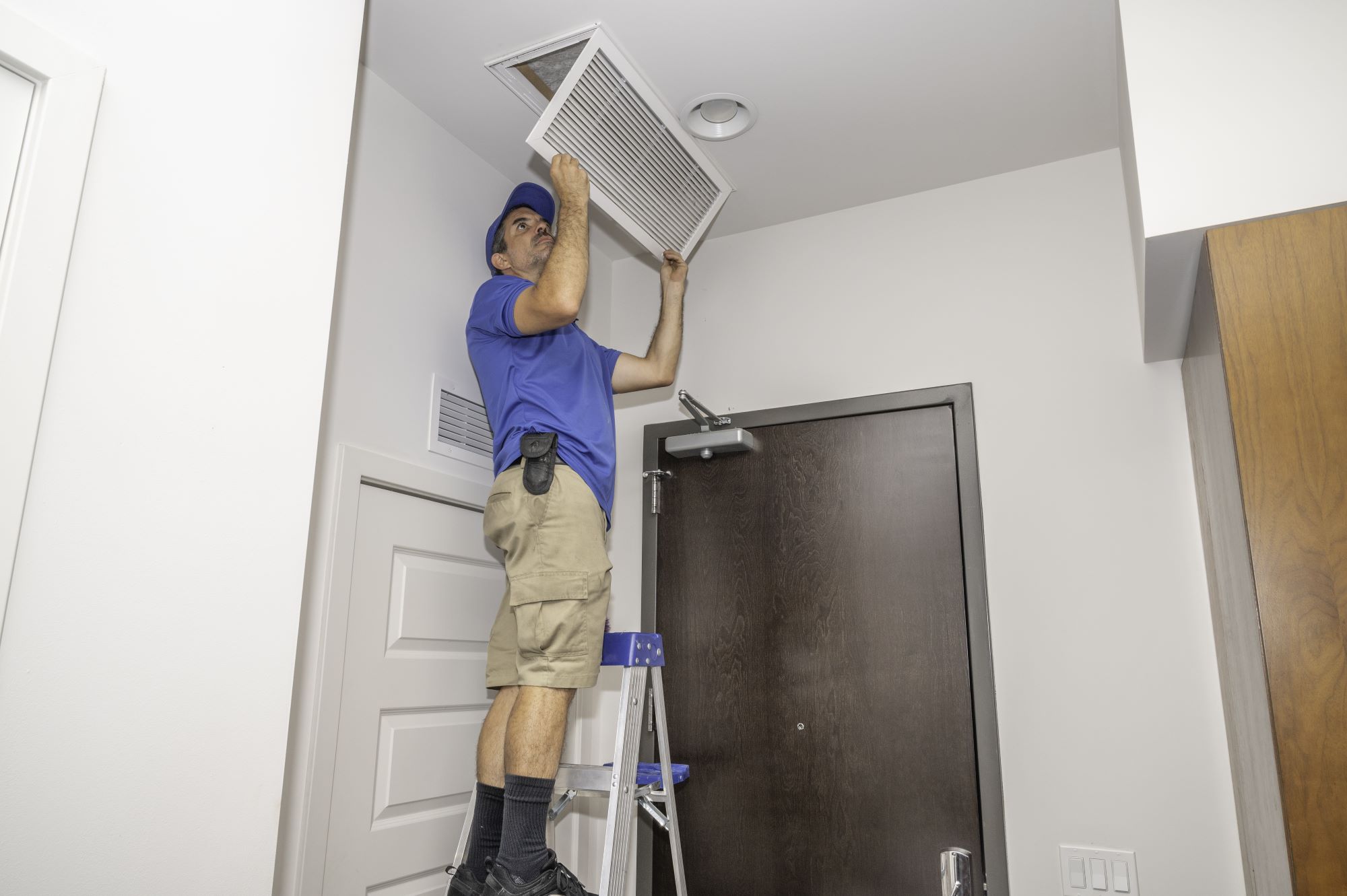Maintaining clean air filters in your home is one of the simplest yet most important aspects of HVAC care. Air filters trap dust, allergens, and pollutants, helping maintain air quality while ensuring your system runs efficiently. Here's why changing your air filters on a regular schedule is crucial for both your health and your HVAC system.
1. Improved Indoor Air Quality
Air filters capture dust, pet dander, mold spores, and pollen, which can accumulate inside your home. Over time, dirty filters become clogged, reducing their ability to trap these contaminants. For households with pets, children, or people with allergies or asthma, replacing filters every 1-3 months ensures that indoor air remains clean and healthy【38】.
2. Prolongs HVAC System Life
A dirty air filter restricts airflow, forcing your HVAC system to work harder than necessary to circulate air throughout your home. This can lead to overheating, wear and tear on components, and ultimately, system breakdowns. Regularly changing your filters helps your system run more smoothly and extends its lifespan【35】【37】.
3. Energy Savings
When your HVAC system runs efficiently, it uses less energy. The U.S. Department of Energy estimates that replacing a clogged filter with a clean one can reduce your air conditioner's energy consumption by 5-15%. Clean filters allow for better airflow, reducing the system’s workload and lowering your monthly utility bills【36】.
4. Reduces the Risk of Costly Repairs
Clogged filters can lead to frozen coils, overheated motors, or blocked airflow, which may result in expensive repairs. Replacing air filters regularly prevents such issues and ensures that your system continues to function optimally. In the long run, investing in new filters is much cheaper than repairing or replacing an HVAC unit.
5. Helps Maintain Comfortable Temperatures
A clean filter allows for consistent airflow, helping your HVAC system maintain the desired temperature throughout your home. With restricted airflow, some rooms may feel warmer or cooler than others, leading to uneven comfort and poor system performance.
How Often Should You Change Your Air Filter?
The general recommendation is to replace air filters every 30-90 days, but several factors can influence this frequency:
- Homes with pets: Every 1-2 months
- People with allergies or asthma: Every 1 month
- Moderate use of HVAC systems: Every 3 months
- High pollution areas: More frequent replacements may be necessary
Conclusion: A Simple Habit for Big Benefits
Changing your air filters regularly is a small but essential part of home maintenance. Not only does it improve indoor air quality, but it also extends the life of your HVAC system, lowers energy bills, and reduces the need for repairs. Setting reminders or scheduling filter replacements seasonally can help you stay on top of this simple task, ensuring your home remains comfortable and your HVAC system runs smoothly year-round.
By adopting the habit of regular air filter replacements, you'll protect both your health and your investment in your HVAC system—making it a win-win for everyone in your household.


